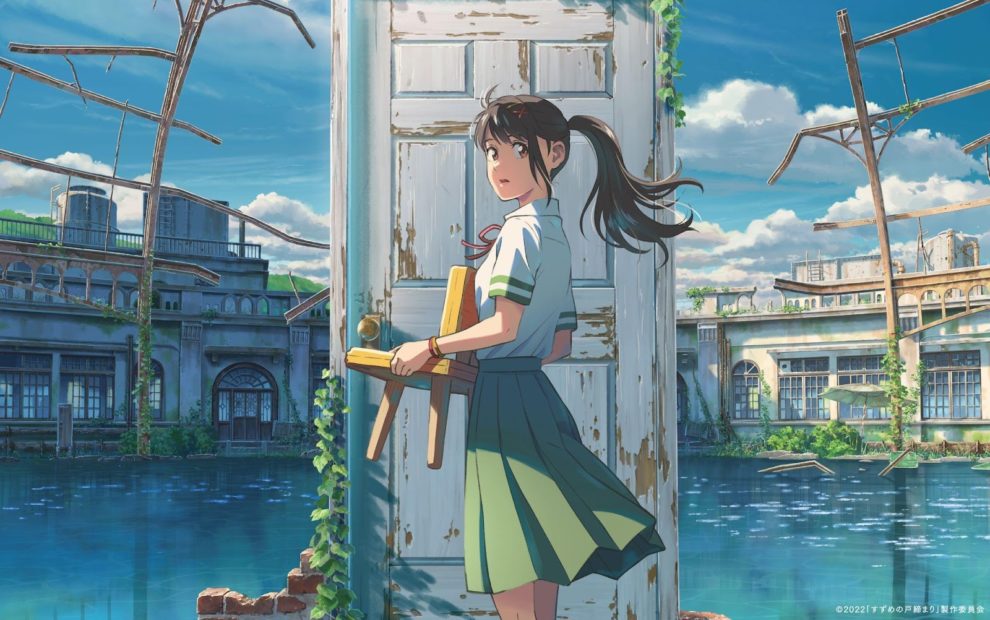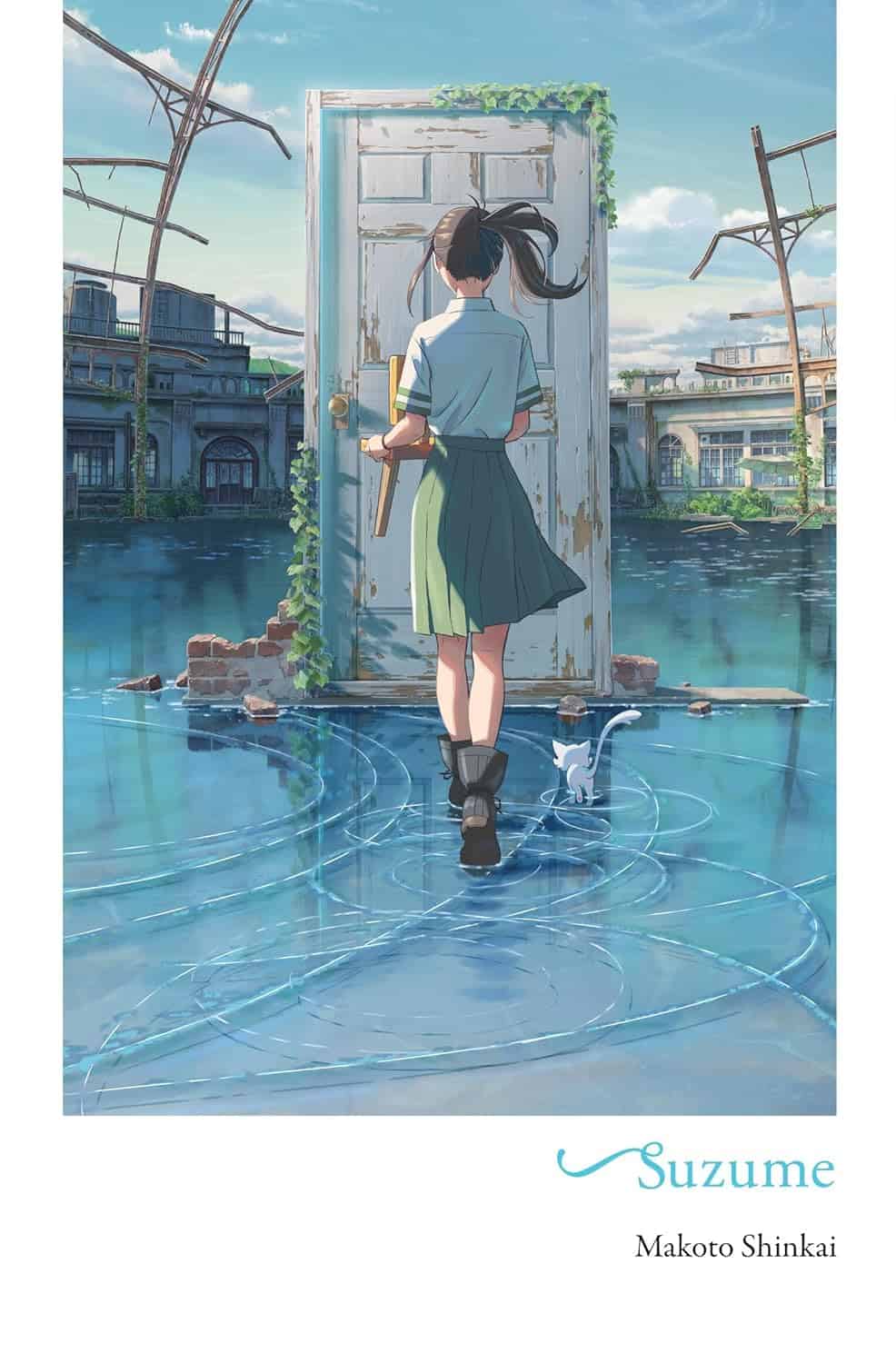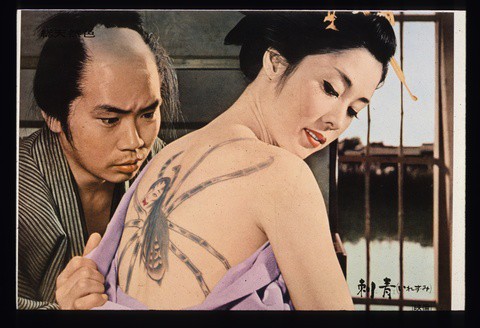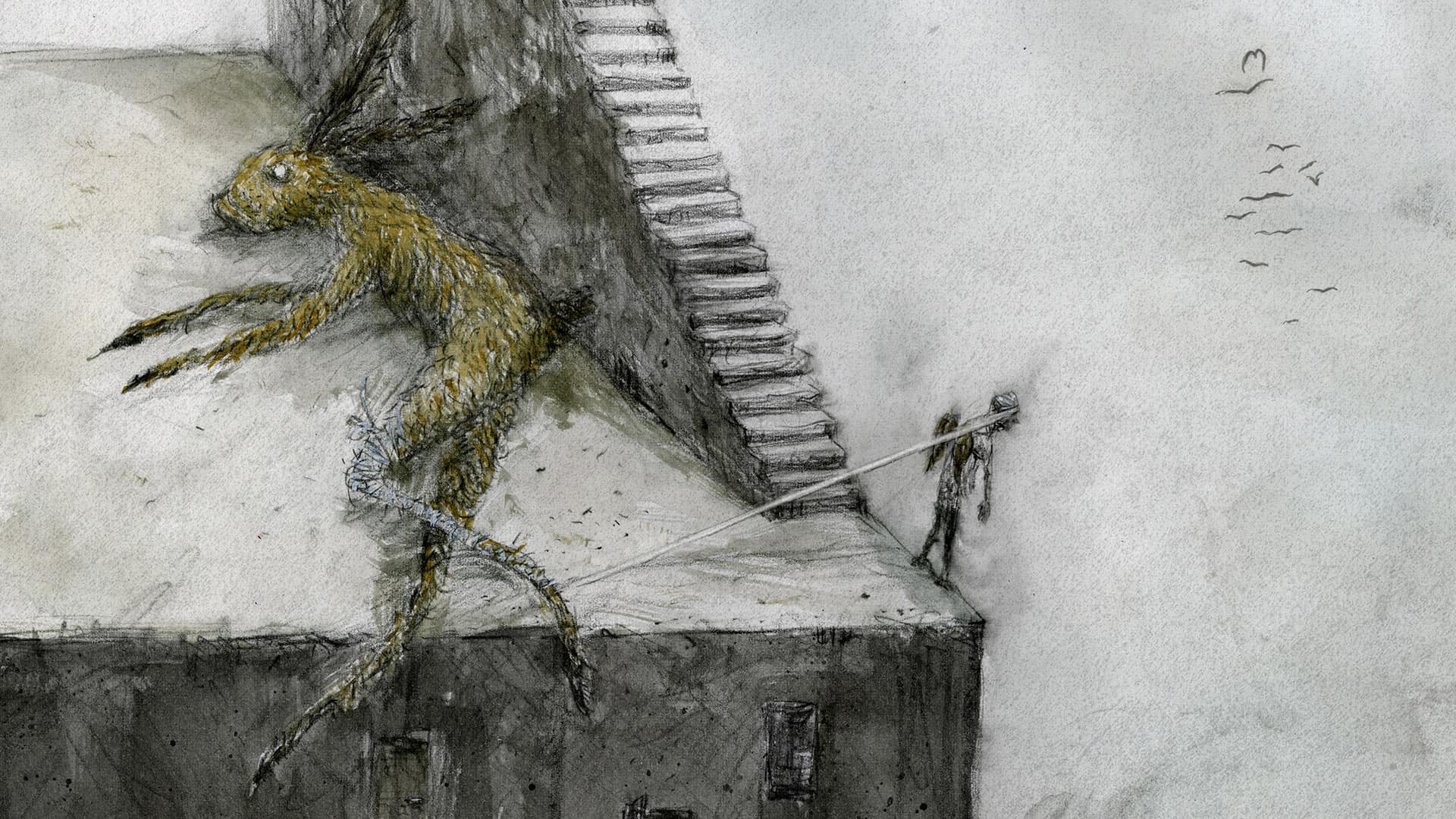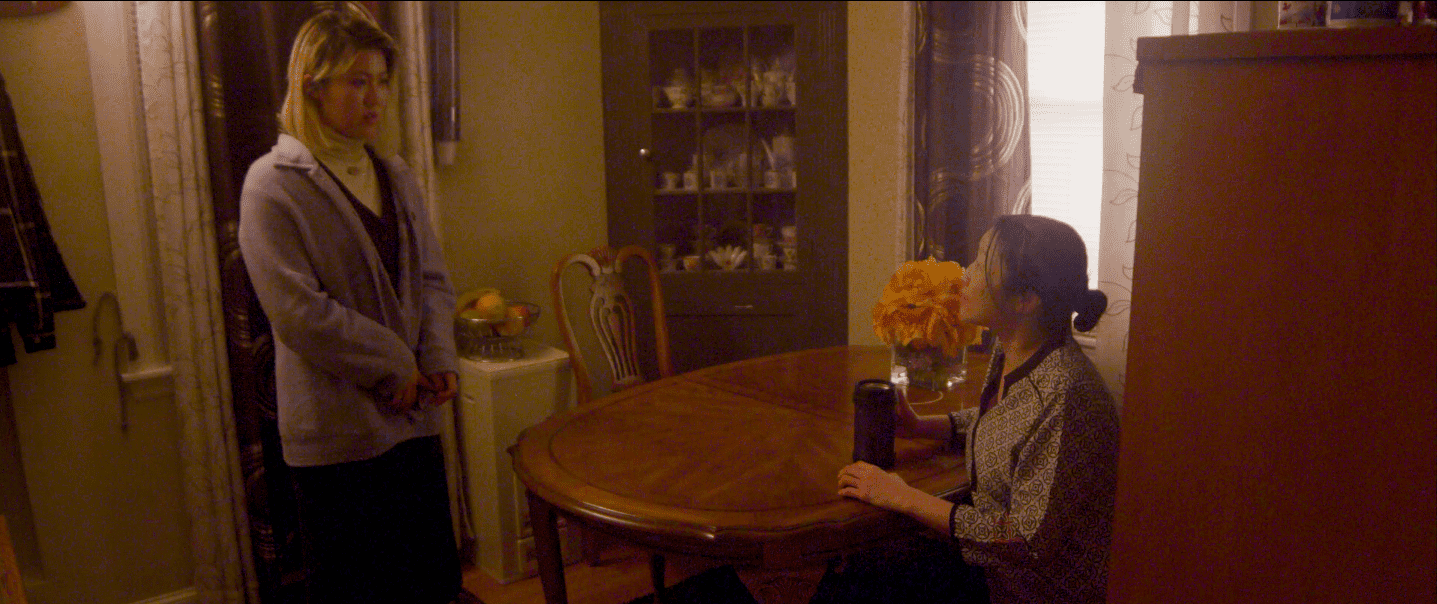“Seventeen-year-old Suzume lives with her aunt in a quiet port town in Kyushu. One day, on her way to school, she runs into a young man searching for something and follows him to a ruin in the hills. But inside, all she finds is a single white door among the rubble. As if pulled by an invisible force, she reaches out to open it…and begins an epic journey across Japan connecting the past, present, and future.”
Yen Press's continued commitment to bringing the novelizations of acclaimed filmmaker Makoto Shinkai to print in hardcover has proved to be a welcome addition to the fandom. “Suzume” adds to the already expansive catalog, including “Your Name,” ” Weathering With You,” and “5 Centimeters Per Second.” Much like all the previous novelizations, “Suzume” triumphs in expanding on the story while still carrying a caveat that may limit its value with specific readers.
Check also this article
However, before expanding on the pitfalls and value of the novelization of the work, it is essential to address the story itself. “Suzume” is a beautiful amalgamation of elements that Shinkai has proven to be a master of. Notably, the coming-of-age drama and light fantasy elements complement the profundity of youthful aspirations while simultaneously painting a romanticized vision of Japan. The novel does not miss a beat, and of the collected works published, “Suzume” feels the most fully realized in concept and execution. The relationship between Suzume and Souta is a particular highlight as Souta acts as a timid guide turned endearing ally to the odd gates causing earthquakes.
For fans of the movie, the book continues the trend of adding depth by giving Suzume a more concise inner voice that goes beyond the anime. At the same time, the novel stays true to the anime, which means that fans of the latter will find a similar experience and emotional draw. However, this also touches on the one consistent downfall of these works, where the two versions are too closely entwined, and if a viewer finds “Suzume” to be one of the less remarkable works of Shinkai, they are likely to feel the same about the novel.
A constant absence from Yen Press has been addressed in this release, an afterword that helps give greater context to the story. This is never amiss in the light novel format, but this has been lacking in other published works. This note from the author does prove beneficial, learning that the novel was written in conjunction with Shinkai working on the movie, speaking to how similar the two are. Moreover, Shinkai's reflections on the Tohoku earthquake and how it shaped his inspiration for the project give more emotional depth and insight into the fantastical elements of “Suzume” that may have been overlooked by the less astute reader.
If you are fresh to the novel versions of Makoto Shinkai's works, “Suzume” is the ideal starting point; it lands between familiarity with what the standout creator excels at while showing his continued growth as a storyteller. However, if the movie lands among your least favorite of his works, check out any other adaptions, as enjoyment is guaranteed. The physical version is preferable here, given how well the format sits on the shelf alongside the other releases and the nice hard-cover/dust jacket combo.


